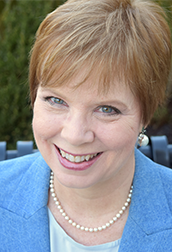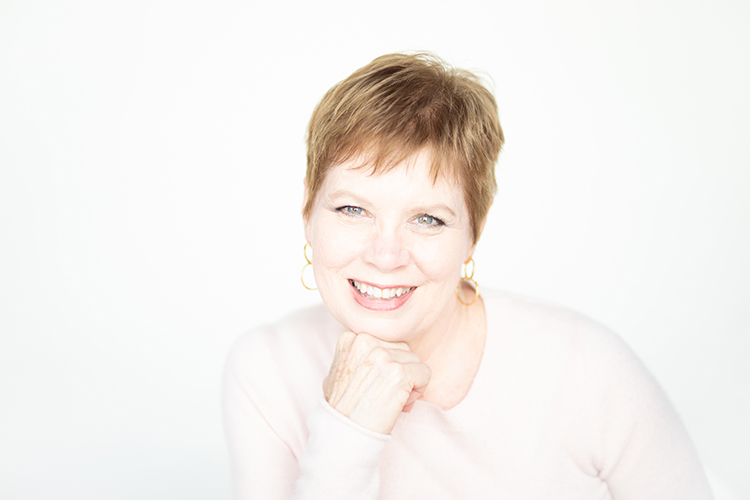“If you do something really great out in the wilderness, no one will clap for you,” she said with a gentle smile and a enthusiastic staccato in her voice. She was young, 20 something, and had earned a degree in art and wilderness therapy. I had heard of art therapy and music therapy. But I didn’t know there was “wilderness therapy.” She was our hiking companion for the day, teaching us about which berries were edible, which poisonous and which ones cause the birds to become intoxicated. She knew the age of each layer of the glacier-formed mountain peaks and how to read the scree for avalanche activity. Hiking with her was invigorating not only because she hiked at a 20 year old pace even though all the women behind her were over 55 but also because she possessed a deep reverence for the landscape.
We asked her what she hoped would happen in “wilderness therapy” and she replied without hesitation, “Create humility.” In the vast expanse of nature we become away of how small we are.
She went on to say that nature humbles us; that it makes us feel small and big at the same time. Perhaps, I thought to myself, that is why I love to hike. It is more than exercise. It is a spiritual reminder of who we are in God’s vast universe, small and big at the same time. In contrast to the world of concrete and screens, hiking restores the soul by pulling us back into the rhythms of the natural world.
In addition to the pandemic, our society is engaged in a national dialogue on racial justice and we are experiencing the polarization of an election year. Humility often seems in short supply. What might happen if we took the time to take a long walk in the park, observe the wonder of butterflies in the backyard, gaze at the reflection of the orange trees in a pond? Could pausing to absorb the grandeur of nature’s unfolding creativity lead us back to the hope of our holy Creator? Nan Shepherd writes in The Living Mountain, there is a “continual traffic between the outer landscapes of the world and the inner landscapes of the spirit.”
Grace and Peace,
Carla



